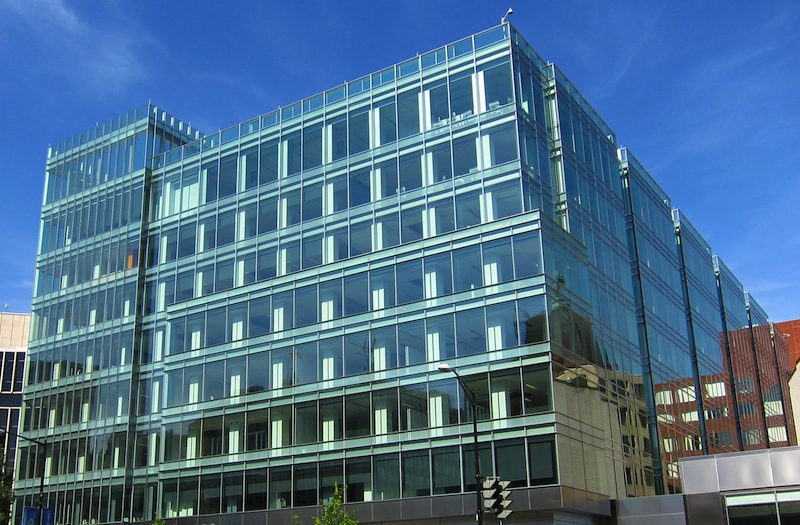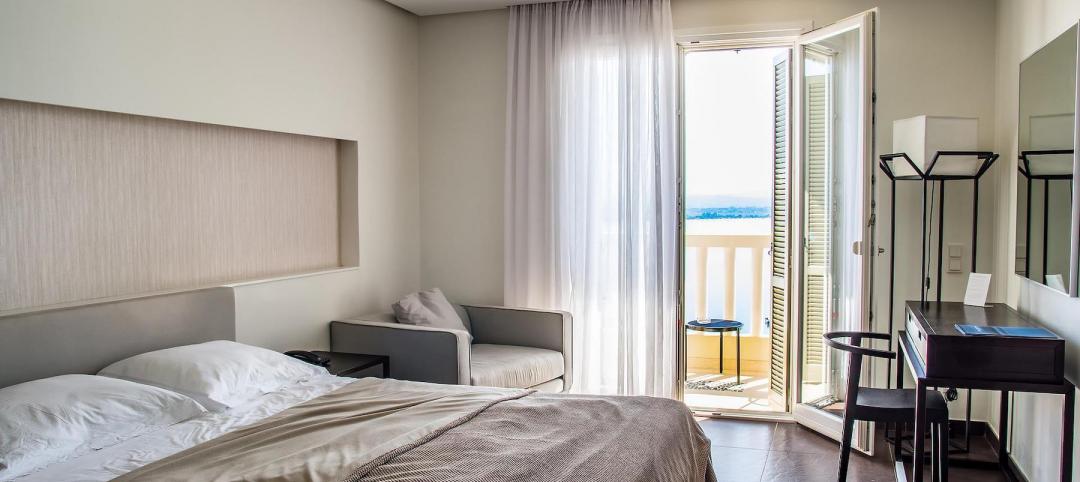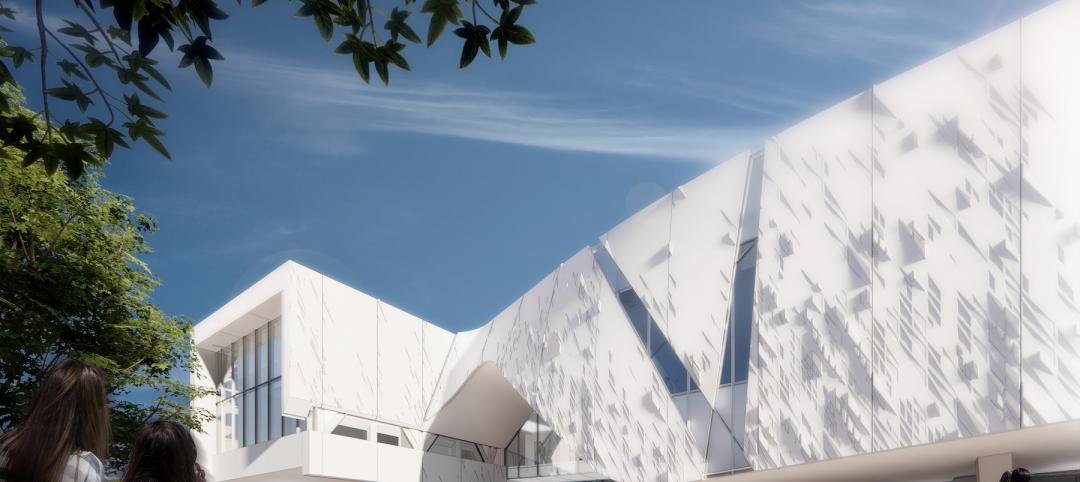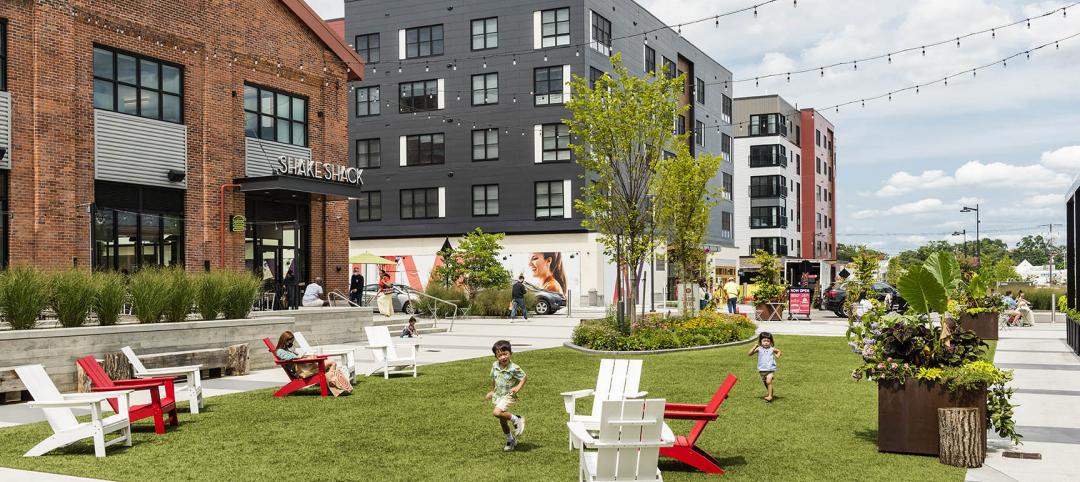Worries about legal liability have long dogged the sustainable building movement, but insurance expert Karen Erger (Locton Companies) and attorney Eric Singer (Ice Miller LLP) say sustainability lawsuits are caused by the same types of issues that have always prompted clients to sue AEC firms. "The 'new' risks of green design are the same as in any kind of design," says Erger. The two presentated at BUILDINGChicago earlier this week (download the presentation).
Suits tend to center around four areas:
- Client expectations unmet (desired level of certification not achieved, project failed to qualify for incentives, energy savings not realized, sustainable elements increased cost or caused delay).
- Elevated standard of care.
- Uninsurable guarantees or warranties.
- Problems caused by new products or systems (didn't work as advertised, weren't installed properly, weren't operated or maintained properly).
The best tools for managing such risks are well-established, according to Erger and Singer:
- Define and document the client's goals. (Don't guarantee that goals will be achieved; set and reinforce reasonable expectations throughout the project; don't assume risk of factors you can't control.)
- Set a reasonable standard of care. Don't allow elevated language about your performance to creep into the contract (such as incorporation of marketing language from your initial proposal).
- Don't warrant or guarantee outcomes (specific level of a standard, specific energy savings, etc.).
- Do due diligence when specifying products. (Get the owner's informed consent for using new products, and document your research -- even if most if it is digital. Print it or take screen shots, and put it in a project file that you can find later.)
Singer says the AIA's Guide for Sustainable Projects (D503-2011) is "a really good guide for contract language modification and risk protection." The 2012 AIA Sustainable Projects (SP) forms incorporate model language into existing AIA contract documents (A101, A201, A401, B101, C401). Singer and Erger placed particular emphasis on not guaranteeing achievement of specific sustainability goals, on avoiding unduly elevating the standard of care beyond the ordinary level of professional practice, and on avoiding taking responsibility for functions that are being performed by other parties, including the contractor, subs, and the owner.
The AIA's form B101-2007 SP offers language protecting the architect when untested materials and equipment will be used, and the association also offers "Client Waiver and Informed Consent to use an Experimental Green Product." Since a manufacturer may no longer be in business months or years later, if a problem arises, management of legal liability for the use of experimental green products is important.
Related Stories
Airports | Jun 2, 2022
SOM-designed International Arrival Facility at Seattle’s Sea–Tac airport features the world’s largest aerial walkway
The Skidmore, Owings & Merrill (SOM)-designed International Arrivals Facility (IAF) at Seattle-Tacoma International Airport has opened, replacing a 50-year-old arrival facility.
Codes and Standards | Jun 1, 2022
HKS, U. of Texas Dallas partner on brain health study
HKS and The University of Texas at Dallas’ Center for BrainHealth are conducting a six-month study to improve the way the firm’s employees work, collaborate, and innovate, both individually and as an organization, according to a news release.
Building Team | Jun 1, 2022
Pennsylvania’s Longwood Gardens to get a $250 million transformation
Longwood Gardens, a botanical garden with about 1,100 acres in Pennsylvania’s Brandywine Valley, recently announced plans to transform its core area of conservatory gardens.
Mass Timber | May 31, 2022
Tall mass timber buildings number 139 worldwide
An audit of tall mass timber buildings turned up 139 such structures around the world either complete, under construction, or proposed.
Hotel Facilities | May 31, 2022
Checking out: Tips for converting hotels to housing
Many building owners are considering repositioning their hotels into another property type, such as senior living communities and rental apartments. Here's advice for getting started.
Museums | May 31, 2022
University of Texas at Dallas breaks ground on new 12-acre cultural district
The University of Texas at Dallas (UT Dallas) recently broke ground on the Crow Museum of Asian Art, the first phase of a new 12-acre cultural district on campus.
BAS and Security | May 26, 2022
Can your intelligent building outsmart hackers?
ESD's security services studio leader Coleman Wolf offers tips, advice, and lessons for protecting real estate assets from cyberattacks.
Sports and Recreational Facilities | May 26, 2022
WNBA practice facility will offer training opportunities for female athletes and youth
The Seattle Storm’s Center for Basketball Performance will feature amenities for community youth, including basketball courts, a nutrition center, and strength and conditioning training spaces.
Multifamily Housing | May 25, 2022
9 noteworthy multifamily developments to debut in 2022
A 1980s-era shopping mall turned mixed-use housing and a mid-rise multifamily tower with unusual rowhomes highlight the innovative multifamily developments to debut recently.
Coronavirus | May 20, 2022
Center for Green Schools says U.S. schools need more support to fight COVID-19
The Center for Green Schools at the U.S. Green Building Council released a new report detailing how school districts around the country have managed air quality within their buildings during the second year of the COVID-19 pandemic.

















